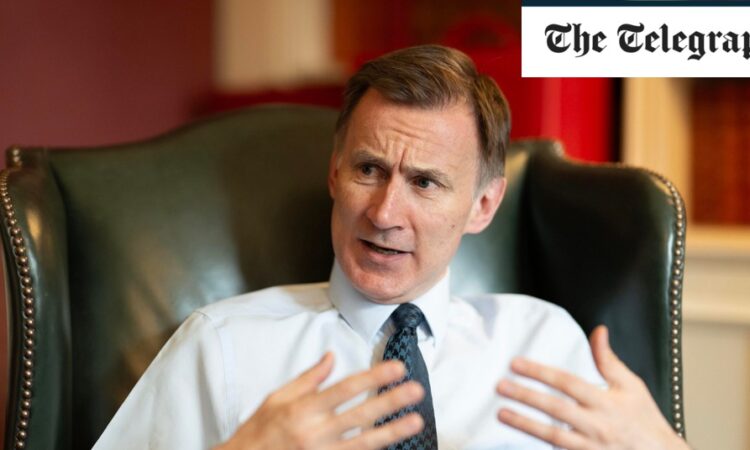
For instance, a 1pc point cut in the 20pc basic rate of income tax would cost £7bn per annum, while a 1pc point cut in the rate of National Insurance contributions for employees would cost £5bn, and a freezing of fuel duty would cost £6bn. So he could probably manage to do two of these measures but not all three.
There is also surely a strong case for ironing out anomalies in the tax system, including its interaction with the benefit system, which results in people at key pinch points paying marginal tax rates of over 60pc and, in some cases, over 90pc. But I expect that sorting these out will be deemed too expensive for now.
And then we come to inheritance tax, on which the rumour mill has recently fallen silent.
The Chancellor is highly unlikely to abolish this tax in one go but he could conceivably raise the threshold for paying it or reduce the rate. This would have the added attraction of making things particularly difficult for Labour. It would be under pressure to say whether it would reverse these changes.
There is a way to generate more scope for tax cuts if the Chancellor announces a tighter squeeze on public spending. This is quite an attractive route to go down because at this stage he doesn’t need to specify where cuts in public spending would fall.
The Chancellor could, for instance, reduce the assumed growth in public spending between 2025/26 and 2028/29 from 1pc real to, say, 0.75pc.
But this would be tough to implement, because spending on NHS, defence, overseas aid and education is ringfenced.
Accordingly, real spending in other non-protected departments is already set to fall in real terms by about 2.3pc per annum. Again, tightening still more would make life difficult for Labour. It would be forced to declare whether it would uphold this squeeze on public spending or instead reverse some of the tax cuts.






